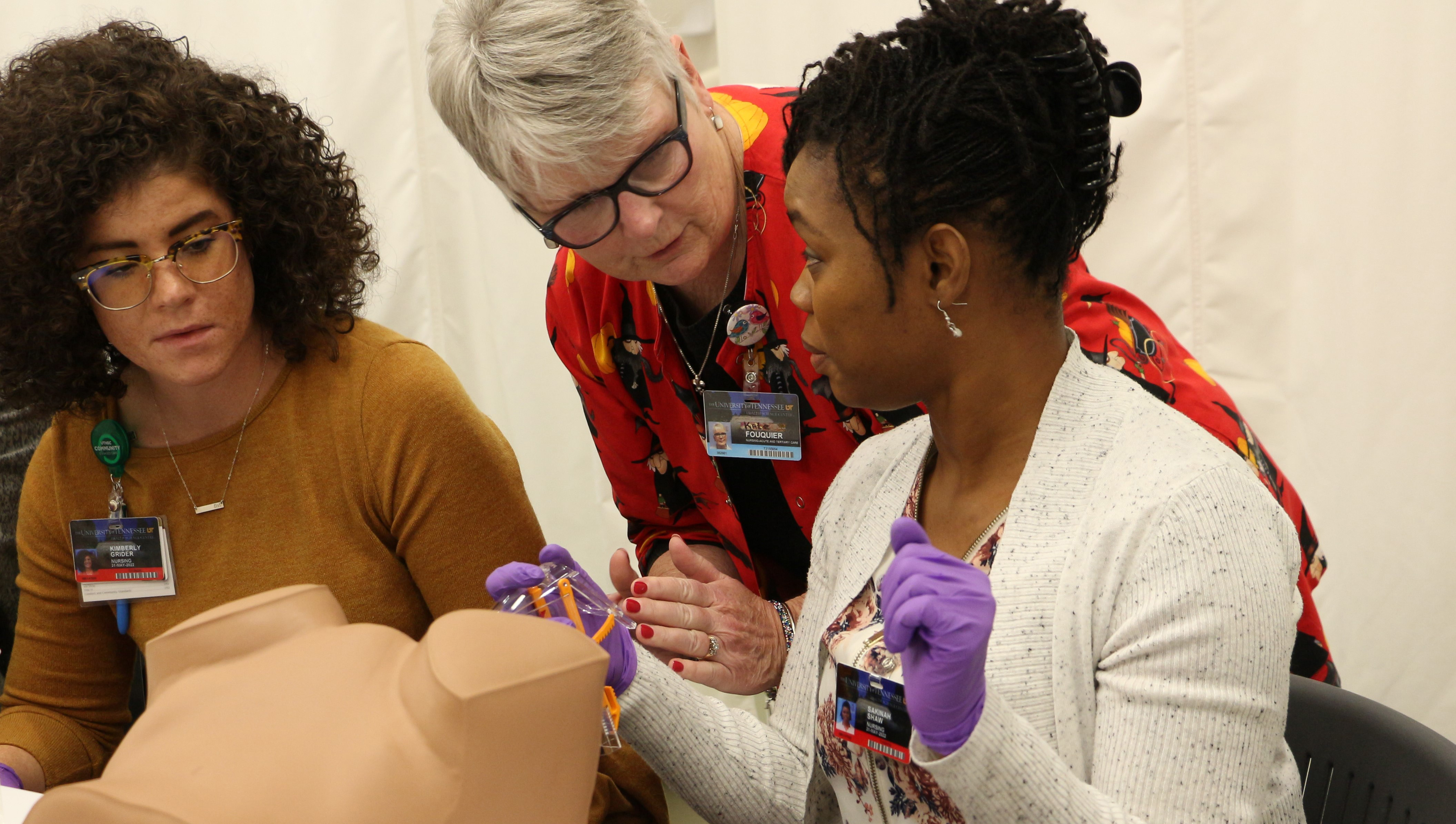DOI
10.21007/con.dnp.2022.0020
Faculty Advisor
Diana Dedmon, DNP, APRN, FNP-BC
Document Type
Poster
Publication Date
Spring 4-14-2022
Disciplines
Analytical, Diagnostic and Therapeutic Techniques and Equipment | Community Health | Community Health and Preventive Medicine | Health and Medical Administration | Health Services Administration | Health Services Research | Investigative Techniques | Medicine and Health Sciences | Mental and Social Health | Nursing | Nursing Administration | Psychiatric and Mental Health | Psychiatric and Mental Health Nursing | Psychiatry and Psychology | Public Health | Public Health and Community Nursing | Quality Improvement
Abstract
Objective To identify past or current literature about emergency department holds and psychiatric patients consisting of the evaluation of patient outcomes, satisfaction and equity of care. It is already known that shorter boarding times from the emergency department to a psychiatric unit have positive patient outcomes such as a decrease in readmissions, increase in patient satisfaction and efficiency in appropriate treatment.
Method A scoping review to analyze data by grouping articles into themes which included authors, date of publication, aims/purpose, methodology, sample, interventional details, and the key findings in each article. Excluded articles included those discussing COVID-19 and case management. The patient population that included those 18 to 40 years old, without medical comorbidities and all genders, race, and ethnic backgrounds. The specific aims were to identify the patient's length of stay, experience and barriers to timely treatment or transfer to another facility. Insurance status and type of behavior or psychiatric diagnosis were further identified and results were delineated further.
Results Of the studies included (N=10), all pointed toward factors such as insurance type, psychiatric diagnosis, and the next step of treatment all affected length of stay. Patients who had any issues regarding these factors could have a length of stay (LOS) up to 17 days longer than others. Patients were found to be boarded for longer if they were self-paying or if they had government insurance. These delays were the result of the diminishing community resources in which patients can turn to during times of psychiatric need.
Implications for Nursing Practice The finding within the literature demonstrates how the stigma against psychiatric illness has led to the shortage of mental health professionals available as resources to those in crisis. Lack of community resources and education leads to a bigger strain on our healthcare system. By providing proper education to emergency room staff, hospital administrators have the ability to relieve the stress that has been created by boarding psychiatric patients.
Recommended Citation
Martin, Emmeline B. BSN, RN; Rossano, Alison BSN, RN; and Dedmon, Diana DNP, APRN, FNP-BC , "Boarding Barriers for Psychiatric Patients in Emergency Departments" (2022). Doctor of Nursing Practice Projects. Paper 20. http://dx.doi.org/10.21007/con.dnp.2022.0020.
https://dc.uthsc.edu/dnp/20
Included in
Community Health Commons, Community Health and Preventive Medicine Commons, Health Services Administration Commons, Health Services Research Commons, Investigative Techniques Commons, Nursing Administration Commons, Psychiatric and Mental Health Commons, Psychiatric and Mental Health Nursing Commons, Psychiatry and Psychology Commons, Public Health and Community Nursing Commons, Quality Improvement Commons


